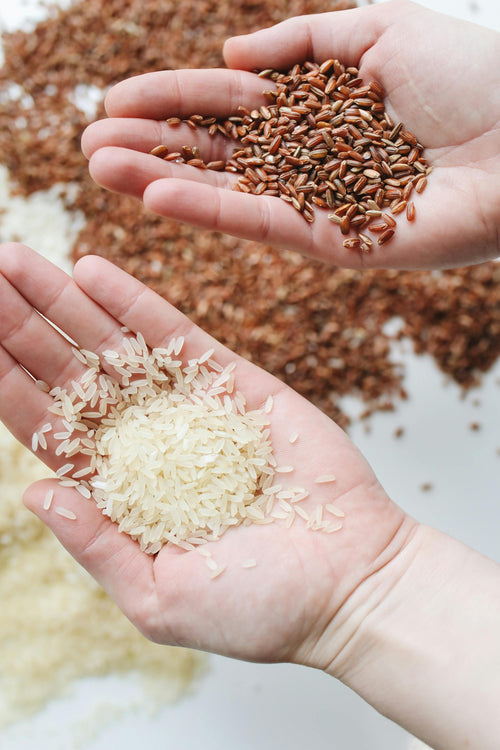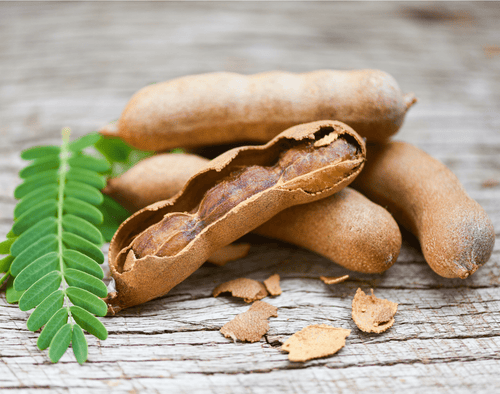What to remember:
- Caraway is a herbaceous plant that resembles cumin
- Its seeds contain many active ingredients: flavonoids, terpenoids, polyphenols, tannins, etc.
- It promotes good digestive function by fighting against bloating, gas and flatulence.
- Thanks to carvone and limonene, it has a hepatoprotective action.
What is Caraway?
Caraway, or meadow cumin, is a biennial herbaceous plant belonging to the Apiaceae family. It belongs to the genus Carum, which includes no fewer than 25 species. Its leaves, but especially its seeds, are harvested for use in cooking, due to their aromatic properties, as well as in medicine and herbal medicine. Highly valued in Germanic cuisine, it can be used to flavor many dishes and also to preserve certain foods.
However, it should not be confused with cumin. Although these two plants belong to the same species, they do not have the same botanical genus.
Their seeds look similar but their color and taste are different. Cumin has a more pronounced, oriental flavor, while caraway is fruitier.
Most of the active ingredients are found in the seeds. They are rich in flavonoids, terpenoids, polyphenols and tannins.
Due to its composition and its benefits, it is very similar to plants which help cleanse the liver .
The benefits and virtues of Caraway
Caraway and the digestive system
Caraway is a plant with strong antispasmodic properties due to its high content of carvone, flavonoids and limonene.
It helps fight bloating , flatulence and the accumulation of gas throughout the digestive tract thanks to its carminative action. In fact, due to its high limonene content, it promotes good digestive stimulation thanks to the increase in the secretion of gastric juices and bile, as well as the increase in gastric motility which helps reduce bloating and promotes digestive comfort . Its stimulating, expectorant and antispasmodic effects give it a major asset in fighting digestive discomfort such as nausea, stomach aches, gas and constipation .
To promote deep action and provide pleasant aromas, caraway can be combined with anti-bloating recipes .
Caraway and liver
The liver , the excretory organ of our body, can sometimes need a little boost in its basic functions.
Due to its carvone content, caraway has liver detoxifying properties, just like many foods . It helps maintain acceptable levels of liver enzymes, which leads to improved liver function.
Indications and dosage of Caraway
Caraway is contraindicated in children under 18 years of age, pregnant women, and breastfeeding women due to a lack of research. It is also not recommended for people with bile duct obstruction, liver disease, or kidney inflammation. Most of these contraindications apply to taking caraway in the form of essential oil. However, they also apply to taking caraway-based dietary supplements.
Regarding dosage, there is no official recommendation or maximum permitted dosage for caraway seeds. However, the maximum dosage for caraway essential oil is 400 mg/kg.
Bring Caraway to your body with DIJO
At DIJO, we wanted to include caraway seeds in one of our formulations to take advantage of its health benefits. In fact, it is one of the main ingredients in our 5-day reset .
This treatment should be taken as part of a balanced lifestyle in order to obtain deep and lasting effects.
Sources :
[1] Mahboubi M. (2019). Caraway as Important Medicinal Plants in Management of Diseases. Natural products and bioprospecting, 9(1), 1–11. https://doi.org/10.1007/s13659-018-0190-x
[2] Keshavarz, A., Minaiyan, M., Ghannadi, A., & Mahzouni, P. (2013). Effects of Carum carvi L. (Caraway) extract and essential oil on TNBS-induced colitis in rats. Research in pharmaceutical sciences, 8(1), 1–8
[3]. Ahmed, MS, Khan, AU, Kury, LTA, & Shah, FA (2020). Computational and Pharmacological Evaluation of Carveol for Antidiabetic Potential. Frontiers in pharmacology, 11, 919. https://doi.org/10.3389/fphar.2020.00919














